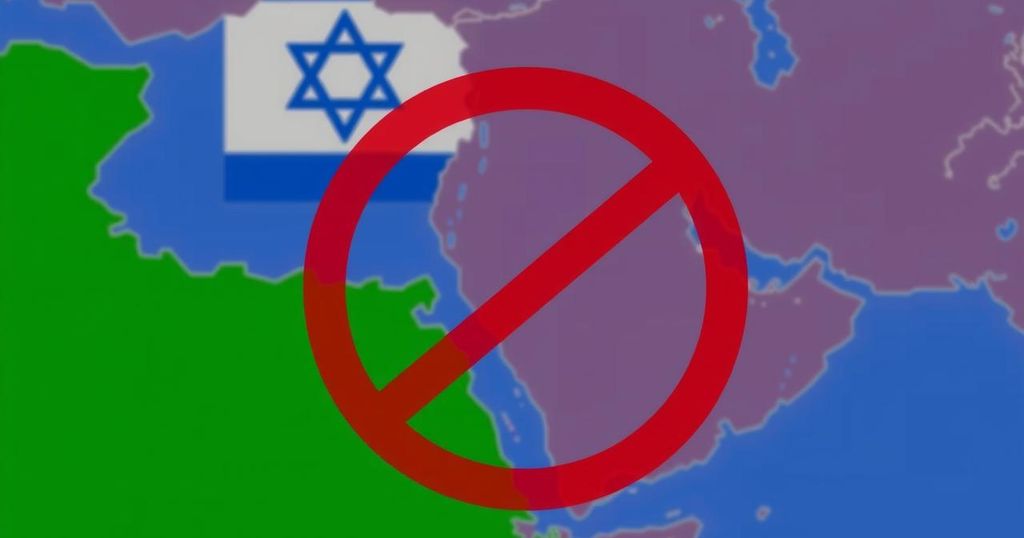Israeli Minister Zeev Elkin denied any truce with Iraq and Yemen as tensions rise in the Middle East. Iraqi Prime Minister Mohammed Shia al-Sudani is seeking international support against potential Israeli military actions. The increase in drone attacks from Iraq and the commitment of Iraqi resistance factions to continue offensive operations signify a continued conflict in the region.
On Thursday, Israeli Minister Zeev Elkin firmly rejected the possibility of a truce with Iraq and Yemen amid rising tensions in the region. In an interview with Army Radio, he emphasized, “The Resistance movements from Iraq and Yemen [Islamic Resistance and Ansarallah] are supporting Hamas. There is no ceasefire with them.” This statement comes as Iraqi Prime Minister Mohammed Shia al-Sudani seeks international support to counter potential Israeli military actions.
Al-Sudani, currently visiting Spain, has initiated diplomatic efforts with the European Union to garner global opposition against any possible Israeli assaults on Iraqi territory. Concerns over Israel’s military provocations have intensified, prompting the Iraqi government to engage with the United Nations and various international organizations. Concurrently, Iraq’s armed forces have reported a heightened state of readiness, particularly aimed at bolstering their air defense systems.
Recent reports indicate an alarming increase in drone attacks reportedly launched from Iraq, escalating from six in August to 90 in October, with over 65 incidents recorded in November alone. Furthermore, Kataib Hezbollah, a prominent faction within the Iraqi resistance, affirmed its commitment to continue operations in support of Gaza, even following a ceasefire between Lebanon and Israel brokered by the United States and France.
An anonymous source from the Iraqi Resistance Coordination Committee disclosed to Shafaq News the consensus among key resistance groups—Harakat al-Nujaba, Kataib Hezbollah, and others—to persist in their offensives against Israel. As they stated, operations will endure until Israel ceases its aggression towards Gaza, disregarding all threats posed by the Israeli state.
The situation in the Middle East remains volatile as regional tensions escalate between Israel and various resistance movements. The rejection of any peace negotiations by Israeli officials signals a broader conflict involving Iraq and Yemen, particularly through their support of Hamas. Iraq has voiced significant concerns regarding Israel’s military actions, leading to enhanced diplomatic efforts aimed at international support to mitigate potential military conflicts. Additionally, escalating drone attacks from Iraq illustrate an ongoing military engagement that heightens the urgency of this geopolitical crisis.
The rejection of a truce between Israel and the resistance movements in Iraq and Yemen marks a critical moment in escalating tensions in the region. As Iraqi leadership seeks international assistance to counter Israeli military threats, the situation remains tense, highlighted by increased drone activity and a commitment from resistance factions to continue their offensive operations. The potential for further military conflict persists, with broader implications for regional stability and international diplomatic relations.
Original Source: shafaq.com






